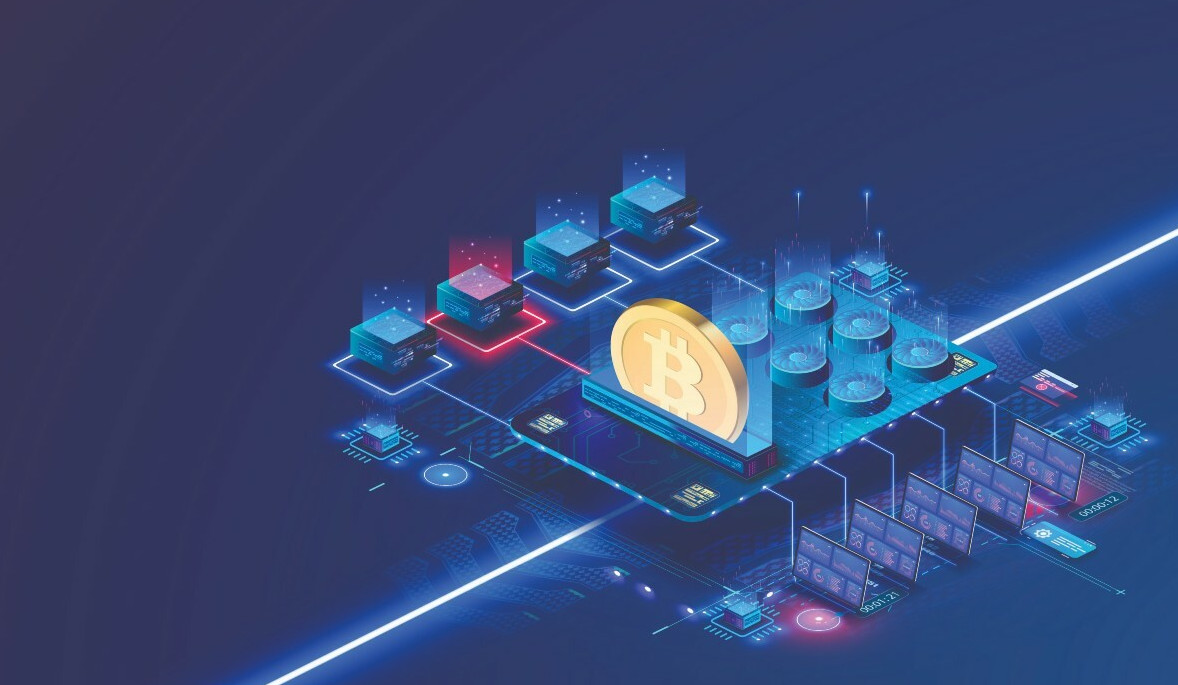
Mining cryptocurrencies may have nonsupervisory and legal charges depending on the government. Some countries have specific regulations for cryptocurrency mining, while others have banned or confined it altogether.
Miners should be apprehensive of the legal requirements and compliance obligations related to mining operations in their position.







Security risks
Cryptocurrency mining involves connecting to a network of peers, which can expose miners to security risks. vicious actors may essay to compromise mining operations, steal finances, or launch attacks. Miners should apply robust security measures, similar as using secure mining software, keeping holdalls secure, and rehearsing good cybersecurity hygiene.
7. Environmental Impact
Energy consumption concerns
One significant review of cryptocurrency mining is its energy consumption. Mining operations, particularly those using Proof-of-Work algorithms, consume substantial amounts of electricity. This has raised enterprises about the environmental impact, especially if the energy used comes from renewable sources. Miners and assiduity stakeholders are exploring sustainable and energy-effective mining practices to alleviate this concern.
Green mining initiatives
In response to environmental concerns, several initiatives are promoting green mining practices. Some systems are fastening on using renewable energy sources to power mining operations. also, advancements in mining hardware design end to increase energy effectiveness and reduce the carbon footprint of mining conditioning.
8. Optional Mining Methods
Cloud mining
Cloud mining allows individuals to share in mining without retaining or maintaining the physical hardware. Mining service providers offer mining contracts, where druggies can rent mining power and admit a portion of the mining prices. Cloud mining can be an accessible option for those who want to get involved in mining without the specialized complications of setting up and maintaining hardware.
Mining- as-a-Service( MaaS)
Mining-as-a-Service ( MaaS) platforms give comprehensive mining results, including hardware, software, and conservation. Users can buy mining contracts or shares in mining operations and admit a share of the gains. MaaS platforms offer a hassle-free approach to mining, especially for newcomers or those without specialized experience.
9. Conclusion
Cryptocurrency mining is an abecedarian aspect of the cryptocurrency ecosystem, securing sale documentation, security, and the creation of new coins. Understanding the basics of mining, including the algorithms, hardware conditions, costs, and profitability considerations, is essential for anyone interested in sharing in cryptocurrency mining. While mining can be potentially profitable, it’s pivotal to precisely consider factors similar to electricity costs, mining difficulty, and request volatility to make informed determinations.
In conclusion, cryptocurrency mining is a complex and dynamic process that plays a vital part in the cryptocurrency ecosystem. By validating deals and securing the blockchain, miners contribute to the stability and integrity of cryptocurrencies. still, mining profitability depends on colorful factors, including electricity costs, mining difficulty, and request conditions. Miners should precisely assess these considerations and stay informed about non-supervisory conditions and security risks. As the assiduity evolves, exploring indispensable mining methods and embracing sustainable practices can contribute to a more effective and environmentally conscious mining ecosystem.
FAQs( Frequently Asked Questions)
Q1: Is cryptocurrency mining profitable?
A1: Cryptocurrency mining can be profitable, but it depends on factors similar to electricity costs, mining difficulty, and request conditions. It’s important to precisely calculate implicit profit against expenses before engaging in mining.
Q2: Can I mine cryptocurrencies with regular computers?
A2: Mining cryptocurrencies with regular computers is generally not done. Specialized mining hardware, similar to ASICs or GPUs, is more effective for mining operations.
Q3: Are there any risks associated with cryptocurrency mining?
A3: Yes, there are risks associated with cryptocurrency mining, including request volatility, non-supervisory considerations, and security risks. Miners should be apprehensive of these risks and take applicable measures to alleviate them.
Q4: What’s the environmental impact of cryptocurrency mining?
A4: Cryptocurrency mining, particularly Proof-of-Work mining, consumes a significant amount of energy. This has raised concerns about the environmental impact. still, enterprises fastening on green mining practices and the use of renewable energy sources are being explored to address these businesses.
Q5: Are there alternatives to traditional cryptocurrency mining?
A5: Yes, choices for traditional mining include cloud mining and Mining- as-a-Service( MaaS) platforms. These options allow things to share in mining without retaining or managing the physical hardware.


Leave a Reply